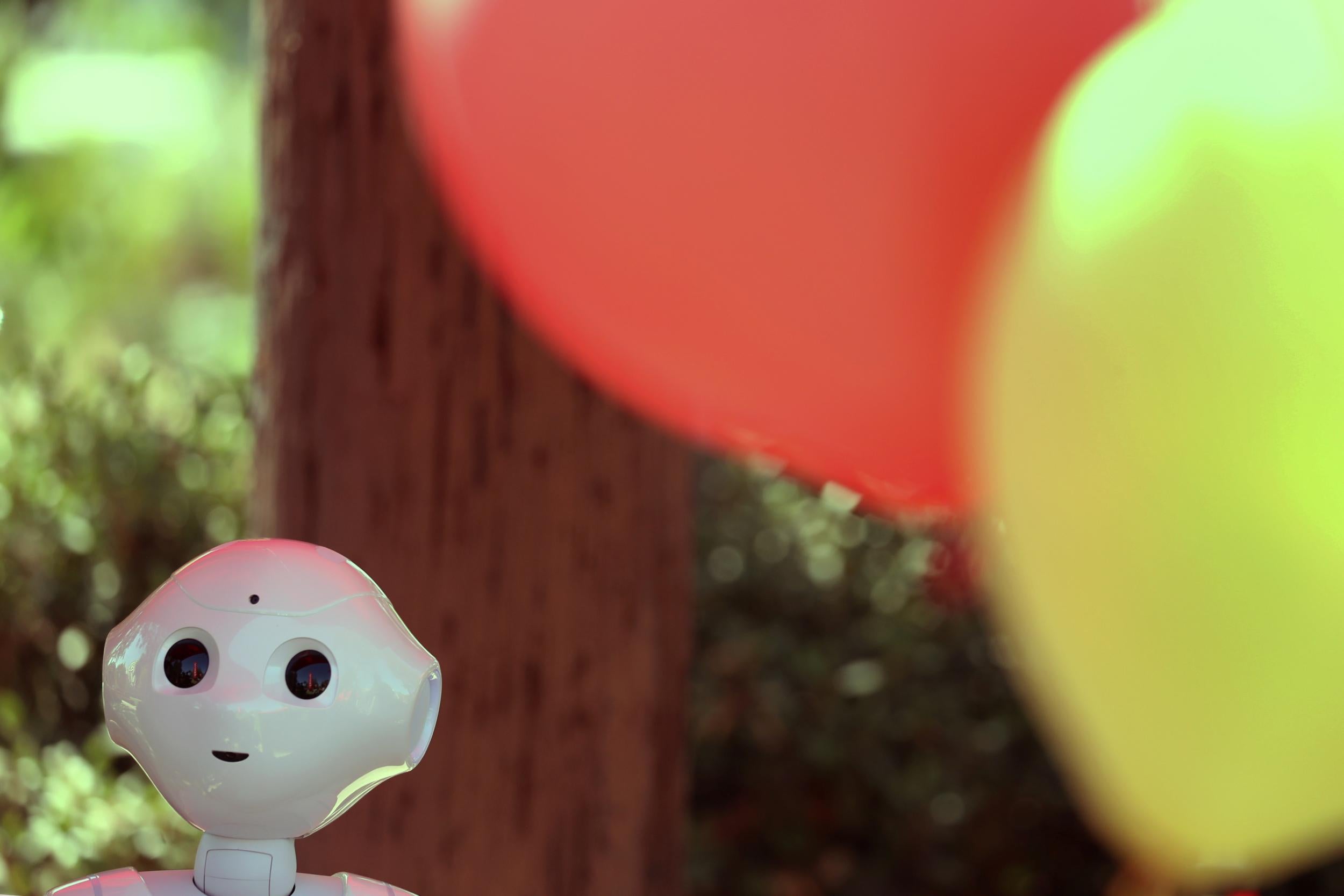Google founder warns of AI’s ‘sci-fi style sentience’ potential
Sergey Brin says we are living in a 'technology renaissance' but need to be aware of the responsibilities that come with advanced artificial intelligence
Artificial intelligence is driving a “technology renaissance” but its evolution could lead to doomsday scenarios seen in science fiction, according to one of the co-founders of Google.
Sergey Brin, who is the president of Google’s parent company Alphabet, laid out his concerns in the company’s annual Founder’s Letter, which serves to provide updates about the firm’s recent progress and future plans.
“The new spring in artificial intelligence is the most significant development in computing in my lifetime,” Mr Brin said. “Every month, there are stunning new applications and transformative new techniques.
“In this sense, we are truly in a technology renaissance, an exciting time where we can see applications across nearly every segment of modern society.”
Mr Brin referenced Charles Dickens’ A Tale of Two Cities in his letter, quoting the famous opening: “It was the best of times, it was the worst of times.”
The Russian-born billionaire related this to the paradoxical nature of AI, saying that the technology’s potential for good is offset by the harm that its development could bring.
“Such powerful tools also bring with them new questions and responsibilities. How will they affect employment across different sectors… How might they manipulate people? Are they safe?” Mr Brin asked.
“There is serious thought and research going into all of these issues. Most notably, safety spans a wide range of concerns from the fears of sci-fi style sentience to the more near-term questions such as validating the performance of self-driving cars.”

AI experts have warned of Alphabet’s development of artificial intelligence, which is spearheaded by its London-based subsidiary DeepMind.
The AI firm has been behind some of the most significant AI developments in recent years, including the AlphaGo Zero algorithm that became the first computer to defeat a human champion at the board game Go.
Oxford University professor Nick Bostrom has previously claimed that Google is leading the global race to develop human-level artificial intelligence.
Tesla CEO Elon Musk, who founded the non-profit AI research company OpenAI, also spoke out about his concerns surrounding DeepMind.
Mr Musk described artificial intelligence as “more dangerous than nukes” after reading Professor Bostrom’s seminal book Superintelligence in 2014. Speaking at a conference two years later, Mr Musk said that Google was the “only one” that he was worried about.
Join our commenting forum
Join thought-provoking conversations, follow other Independent readers and see their replies
Comments
Bookmark popover
Removed from bookmarks